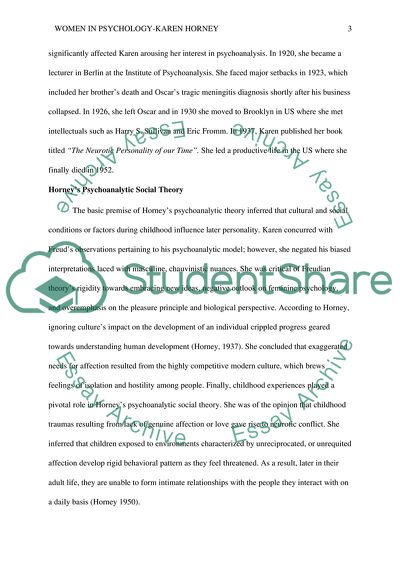Cite this document
(Women In Psychology- Karen Horney Essay Example | Topics and Well Written Essays - 1500 words, n.d.)
Women In Psychology- Karen Horney Essay Example | Topics and Well Written Essays - 1500 words. https://studentshare.org/psychology/1820398-women-in-psychology-karen-horney
Women In Psychology- Karen Horney Essay Example | Topics and Well Written Essays - 1500 words. https://studentshare.org/psychology/1820398-women-in-psychology-karen-horney
(Women In Psychology- Karen Horney Essay Example | Topics and Well Written Essays - 1500 Words)
Women In Psychology- Karen Horney Essay Example | Topics and Well Written Essays - 1500 Words. https://studentshare.org/psychology/1820398-women-in-psychology-karen-horney.
Women In Psychology- Karen Horney Essay Example | Topics and Well Written Essays - 1500 Words. https://studentshare.org/psychology/1820398-women-in-psychology-karen-horney.
“Women In Psychology- Karen Horney Essay Example | Topics and Well Written Essays - 1500 Words”. https://studentshare.org/psychology/1820398-women-in-psychology-karen-horney.


